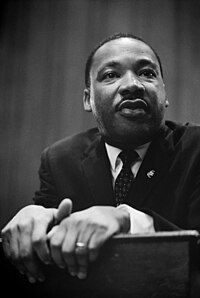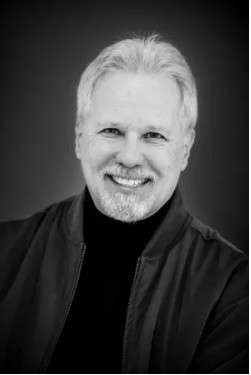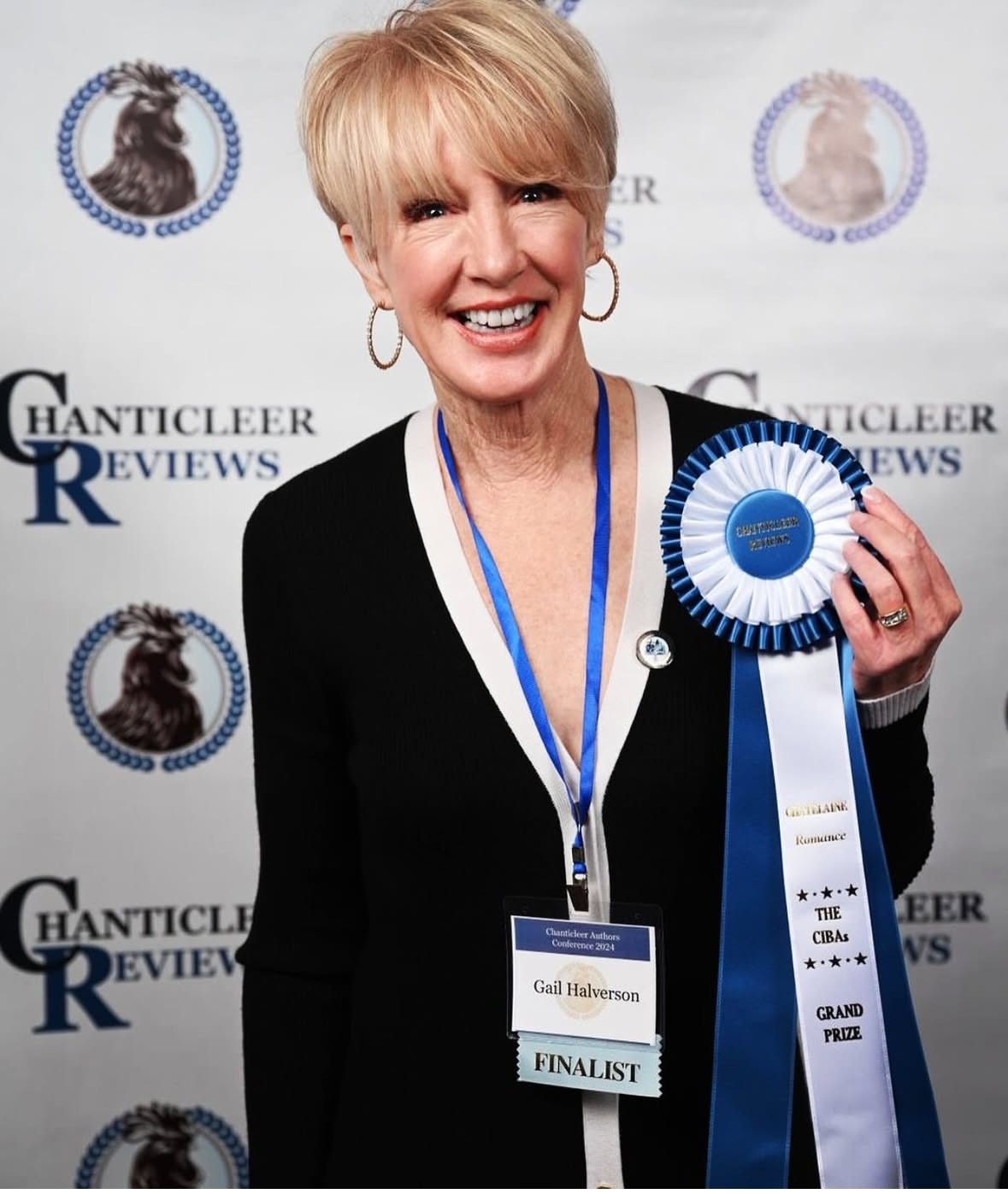|
Listen to or download this article:
|

The third Monday in January in the U.S.A. honors the American clergyman, activist, and leader of the Civil Rights Movement, Dr. Martin Luther King, Jr., on his birthday. The first observance on a national level was in 1986. Dr. King gave his last speech on April 4, 1967, the night before he was assassinated. He was just 39-years-old.
“Darkness cannot drive out darkness; only light can do that.
Hate cannot drive out hate; only love can do that.” Martin Luther King, Jr.

Martin Luther King, Jr. 1965
Life of Martin Luther King, Jr. Is An Example We Should Never Forget by Janice S. Ellis, PhD.
If you ever doubt that one person can make a difference, the life of Martin Luther King, Jr. as an example that we should never forget. Too often, we see a problem, an injustice, a need of any kind and feel we are helpless to do anything about it.
When confronted with a situation that needs a voice or action, we allow those feelings of helplessness and doubt to take over. We are besieged by questions like: Who am I? What can I do? Too often, we conclude we are powerless to do anything.
The life of Martin Luther King, Jr. is an example of how not to let those feelings of doubt and helplessness deter you. In the face of fear and constant threats of harm and death, Martin Luther King, Jr. refused to be deterred from his work to achieve racial and social justice.
As we reflect on the life of Martin Luther King, Jr., we should be inspired to become engaged and involved with whatever issues or conditions concern us. As we pause to commemorate the birthday of King, the only question is: Do we care as much as he did? This is a question we should ask ourselves every day, at every opportunity.
There is no greater force or power than that of the human will. We see it all around. We see it in extraordinary athletic achievements in sports. We see it in the awesome achievements of those with physical or mental disabilities.
And then, there are those who have achieved incredible gains for others who have suffered physical oppression, social inequality, economic and judicial injustices, across generations for centuries. The life of Martin Luther King, Jr. is an example of one of those giants.
It should be noted that King was a teenager when he became interested in getting rid of racial injustice in America. It was an interest that turned into a mission—a mission that he pursued during his entire short life, a mission that costs him his life. Had he not died at the hand of an assassin and lived, we would be celebrating his 92nd birthday!
When he felt compelled to fight to improve the plight of the oppressed, he did not know all the things he would confront. But, during the days, weeks, months and years, he stayed the course despite constant obstacles, threats, persecution, and physical and emotional abuse.
The life of Martin Luther King, Jr. is an example, which shows if you care enough, are bold enough, courageous enough, and believe enough, you can make a difference.
As we pause to commemorate Dr. King, each of us can give serious thought about how we can apply our efforts to make things better wherever we can, as Martin Luther King, Jr. did.
“As we pause to commemorate the legacy of Martin Luther King, Jr., we seem further away from the goals for which he worked and gave his life: Freedom, Justice, and Equal Rights for All! This is most evident in the growing racial discord and the threat to suppress the very basic right to vote. Again! Like Dr. King, we as individuals can work in our community, our city, our state to ensure that all of our citizens will be treated equally and with respect. One specific way we can do that, right now, is to work to ensure eligible citizens are able to cast their vote in the 2022 mid-term elections. There are many other things we can do, as individuals, to keep working to achieve a better world for those around us and all of our fellow human beings. What is the area where you can work to make a difference? Dr. King’s work is an example of the many areas where our involvement is still sorely needed.” Janice S. Ellis, PhD
For four decades, Janice Ellis has analyzed educational, political, social, and economic issues across race, ethnicity, age, and socio-economic status. Dr. Ellis holds a Ph.D. in Communication Arts, and two Master of Arts degrees, one in Communications Arts and a second in Political Science, all from the University of Wisconsin, Madison, Wisconsin. Her memoir, From Liberty to Magnolia: In Search of the American Dream won Journey Book Awards Grand Prize (CIBAs) along with national and international awards.
Her new book, Shaping Public Opinion: How Real Advocacy Journalism™ Should be Practiced, won the Nellie Bly Nonfiction Journalism Award. Restoring honesty and civility must be the priority among journalists and commentators if we are to serve a dependent and vulnerable public and safeguard a fundamental tenet of our Democracy–that is the focus of the book.
Both books have received and continue to receive great editorial reviews and endorsements as well as customer reviews.
Janice Ellis, a native daughter of Mississippi, grew up and came of age during the height of the Civil Rights Movement during the 1960s. Born and reared on a small cotton farm, she was influenced by two converging forces that would set the course of her life. The first was the fear and terror felt by blacks because of their seeking to exercise the right to vote along with other rights and privileges afforded to whites. The second was her love of books, the power of words, and her exposure to renowned columnists, Eric Sevareid and Walter Lippmann, whose work solidified her belief that the wise use of words is what advances the good society.
Janice Ellis became determined to take a stand, and not accept and allow the conditions of that farm life, or the strictures of oppressive racial segregation and entrenched sexism limit what she could become. She became determined to use whatever talents God had blessed her with and the power of words to help improve the human condition.
We thank Janice S. Ellis, PhD. for contributing today’s article in honor of Dr. Martin Luther King, Jr.
Please visit her informative and thought-provoking website dedicated to race, socioeconomic issues, political, and cultural issues that fuels her mission to promote the good.
Dr. Ellis is an esteemed presenter at the Chanticleer Authors Conferences and will present at CAC 22, June 23 – 26, 2022.











Leave A Comment